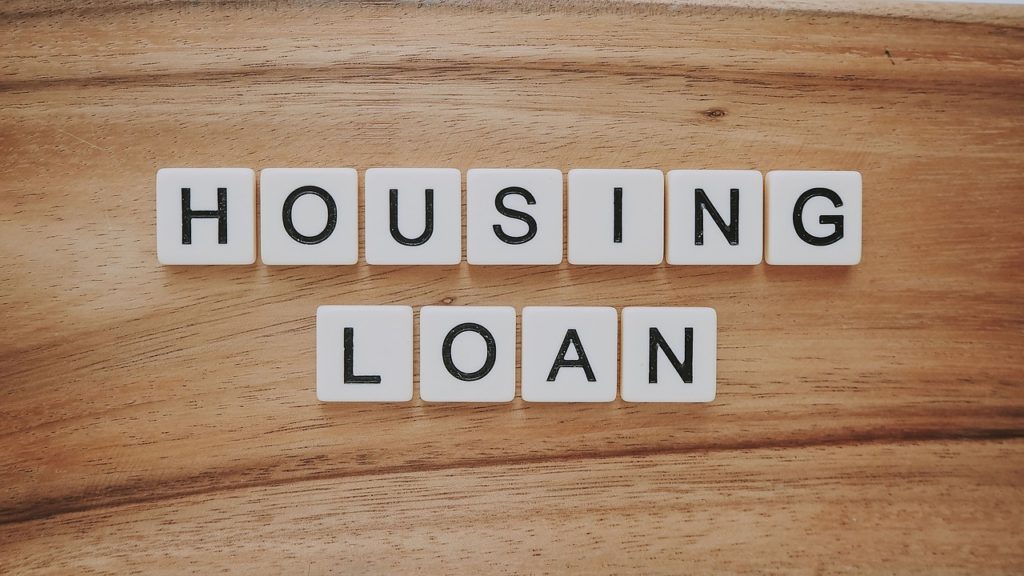A loan that is insured by a federal government agency is called a “government-backed mortgage.” Homebuyers can take advantage of three different types of government-backed mortgages, and in some situations, these programs might make it easier to obtain a loan.
If you plan to buy a property in the near future, you should be aware of all of your possibilities. Here are some important facts about government-backed mortgages.
What are government-backed mortgages?
A government-backed mortgage is one that has been guaranteed by either of three federal government agencies: the Federal Housing Administration (FHA), the United States Department of Agriculture (USDA), or the Department of Veterans Affairs (VA).
To safeguard the lender in the event that a borrower is unable to make payments on the debt, the supporting authority guarantees the loan amount for each form of a loan. The arrangement considerably decreases lenders’ risk and may allow them to offer cheaper loan rates or minimal, or even no, down payment requirements.
Government-backed mortgage loans, unlike certain other types of government loans, are provided by private lenders rather than the federal government. However, not all lenders provide every form of loan, so if you’re searching for a certain type of mortgage loan, you may have to do some research.
Various Government-Backed Mortgage Types
Each of the three types of government-backed loans is intended for a specific type of borrower. Depending on your circumstances, you may be qualified for only one or several. Here’s what you need to know about each of them.
Federal Housing Administration (FHA) Loans
Federal Housing Administration loans are easier to get than USDA and VA loans because you don’t have to be in the military or buy your home in a certain area.
If your credit score is 580 or higher, the lowest down payment for an FHA loan is usually 3.0% of the price of the home. If your credit score is lower than that, you may still be able to secure a loan with a credit score of 500 or better, but you’ll have to pay down 10% instead. This is a major win for first-time buyers with limited finances and those who have had credit problems in the past.
The biggest disadvantage of an FHA loan is the necessity for mortgage insurance. In addition to an annual premium of 0.55% to 1.25% of the loan amount, you must pay an advance premium of 1.55% of the total loan amount. There is no way to get out of mortgage insurance on an FHA loan without refinancing unless you put down 10%. In contrast, traditional loans allow you to waive private mortgage insurance as long as your loan-to-value ratio reaches 80%.
If you make a down payment of 11% or above on an FHA loan, your creditor can eliminate the mortgage insurance need after 11 years if you meet the minimum down payment criteria.

U.S. Department of Agriculture (USDA) Loans
USDA loans are guaranteed under the Rural Development Guaranteed Housing Loan Program. Densely populated urban areas are not included; it is only available to low-income and moderate-income borrowers purchasing a house in a rural or qualifying suburban area.
You can apply for a few various types of USDA loans, and each program may have different credit and income requirements.
However, there is no down payment necessary with a typical USDA-guaranteed loan from a private lender, which is another significant advantage for persons with low to moderate incomes. Additionally, the upfront and annual mortgage insurance premiums are both cheaper than those for FHA loans at 1% and 0.35%, respectively.
The major disadvantage of a USDA loan—outside of the geographic restrictions—is that you cannot get rid of your mortgage insurance while you’re still paying off the loan.
VA Loans
In terms of accessibility, VA loans are the most limiting government-backed loans. To be eligible for one, you must be on active duty, a veteran, the eligible wife of a veteran, or a citizen of the United States who served in the military of a nation that was an ally of the United States during World War II.
You can borrow up to 100% of the cost of your new house with a VA loan, and the agency has no minimum credit score requirement. You should compare lenders because VA loan providers frequently establish a minimum credit score.
There are no recurring mortgage insurance premiums for VA loans. However, you must pay an upfront funding fee at closing that ranges from 1.5% to 3.5% of the bank loan, depending on your down payment amount and if you’ve previously obtained a VA loan.
For those who are eligible, VA loans might be a great method to purchase a home with little or no down payment. Although the first payment may be substantial, there is no recurring mortgage insurance. However, you cannot do so unless you are a qualified member of the armed forces community.
Bottomline
Whatever form of home mortgage you end up having, it’s important to find out if there are things you need to work on at least three to six months before you apply. Examine your credit score and credit record to see where you stand and what issues you may need to address.
Trying to improve your credit for a mortgage can take a while, but the sooner you start, the easier it will be to stop doing things that could hurt your credit and make the changes you need to make to get a mortgage.

